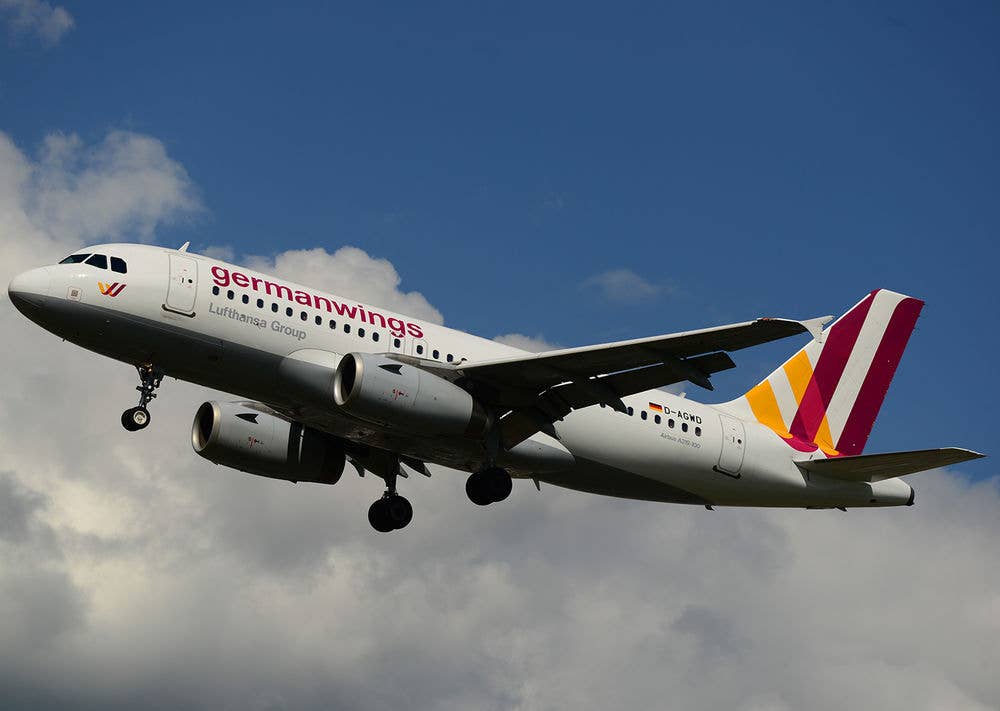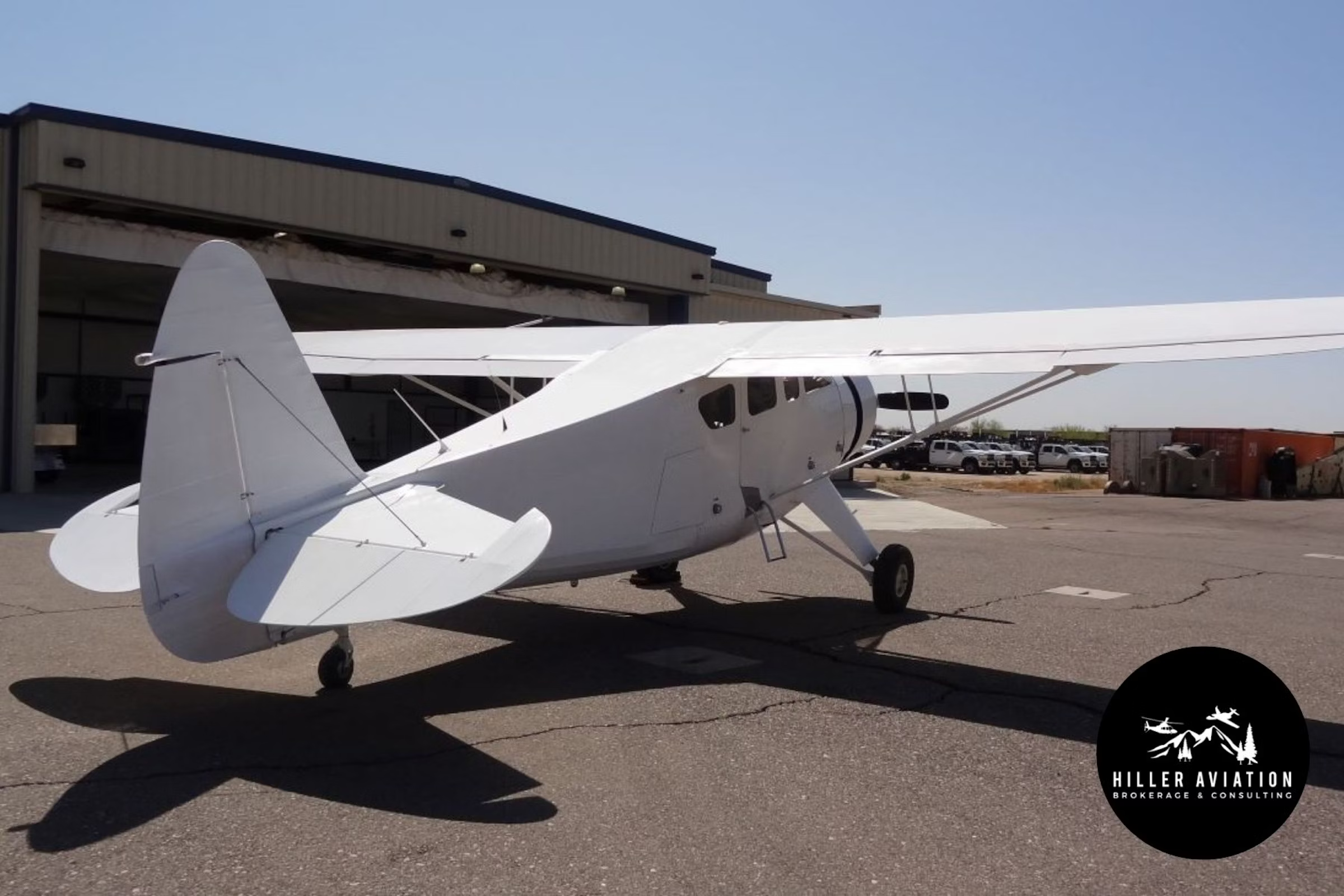
The final accident report investigating the crash of the Germanwings Airbus A320 was released. Aleem Yousaf/Creative Commons
In a final accident report investigating the crash of Germanwings Flight 9525, the Bureau d'Enquêtes et d'Analyses (BEA) cites weaknesses in detecting and reporting mental illnesses in pilots.
On March 24, 2015, Andreas Lubitz waited until he was alone in the cockpit, locked the cabin door and deliberately crashed the aircraft into the French Alps, killing all 150 people on board.
“No action could have been taken by the authorities and/or his employer to prevent him from flying on the day of the accident,” the accident report says, “because they were informed by neither the copilot himself, nor by anybody else, such as a physician, a colleague, or family member.”
Just a month before, the report says, a private physician diagnosed a “psychosomatic disorder and an anxiety disorder,” and referred him to a psychotherapist and psychiatrist who prescribed antidepressants and sleeping aids. On March 10, the same physician recommended hospital treatment for possible psychosis.
Several physicians issued sick leave certificates, but Lubitz did not forward all of them to Germanwings. At the same time, neither physician contacted an aviation authority on the mental state of the copilot. According to the report, this was likely due to the “lack of clear guidelines in German regulations on when a threat to public safety outweighs the requirements of medical confidentiality.”
Additionally, the report cites that Lubitz’s “probable fear” of losing his right to fly and the resulting loss of income, which may not have been restored by insurance, is likely what prevented him from self-reporting.
In order to improve the reporting of mental illness in pilots, investigators addressed 11 safety recommendations to WHO, IATA, the European Commission, EASA, BMVI and BÄK. The outlined provisions address the medical evaluation of pilots with mental health issues, routine analysis of in-flight incapacitation, mitigation of the consequences of loss of license, antidepressant medication and flying status, balance between medical confidentiality and public safety, and the promotion of pilot support programs.

Sign-up for newsletters & special offers!
Get the latest FLYING stories & special offers delivered directly to your inbox






